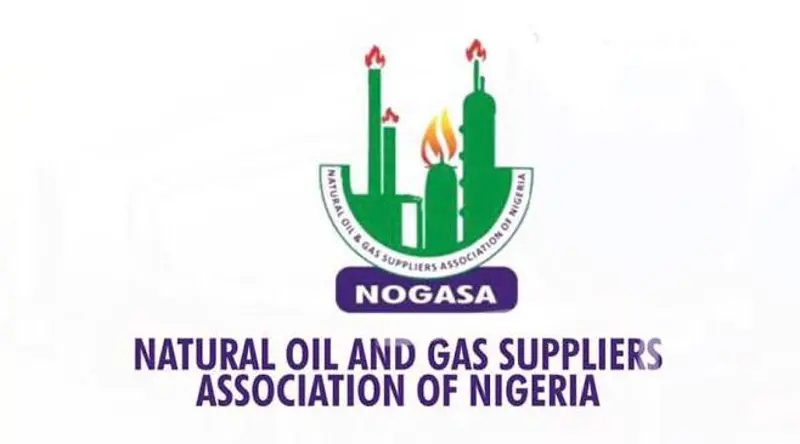Nigeria’s gas suppliers have temporarily suspended plans to cut off critical fuel deliveries to telecom operators, reversing a decision that had threatened widespread network disruptions across the country. The Natural Oil and Gas Suppliers Association of Nigeria (NOGASA) announced the pause on Saturday following interventions by federal authorities, though tensions over unpaid debts worth billions of Naira remain unresolved.
The group’s national president, Bennett Okorie, stated that suppliers would resume fuel distribution to telecom firms, including tower operator IHS, starting Monday, August 11, 2025. The move comes just days after NOGASA members halted services, citing mounting debts owed by telecommunications companies for gas supplies powering infrastructure like cell towers. The standoff risked plunging parts of the country into communication blackouts.
In a media briefing, Okorie credited Nigeria’s Office of the National Security Adviser (ONSA) and the Nigerian Communications Commission (NCC) with brokering the temporary truce. Both agencies reportedly provided assurances that the payment dispute would be resolved within a week. “We are resuming services immediately in the interest of energy security and the public,” Okorie said, while cautioning that a failure to clear debts within seven days would trigger an “immediate and non-negotiable” halt to fuel supplies.
The association’s National Executive Council finalized the decision during an emergency meeting on August 9, directing members to prioritize round-the-clock deliveries to telecom operators to offset days of stalled operations. But the resolution remains fragile. At stake is the stability of Nigeria’s telecom networks, a sector already strained by energy shortages and logistical challenges. Over 80% of the nation’s towers rely on generators fueled by diesel or gas, making steady supplies critical for connectivity.
While Okorie did not disclose the exact debt figure, industry analysts estimate unpaid bills in the sector have exceeded $200 million in recent years—a burden exacerbated by currency fluctuations and rising fuel costs. Telecom operators, however, have historically cited issues like vandalism, theft, and regulatory hurdles as barriers to consistent payments.
The NCC, tasked with mediating the conflict, has yet to publicly outline terms for repayment. Its involvement underscores the economic and security risks of prolonged service disruptions in a country where mobile networks facilitate banking, commerce, and crisis response for millions. Authorities now face mounting pressure to ensure the temporary reprieve evolves into a sustainable solution, as suppliers warn of irreversible action if commitments go unmet.
